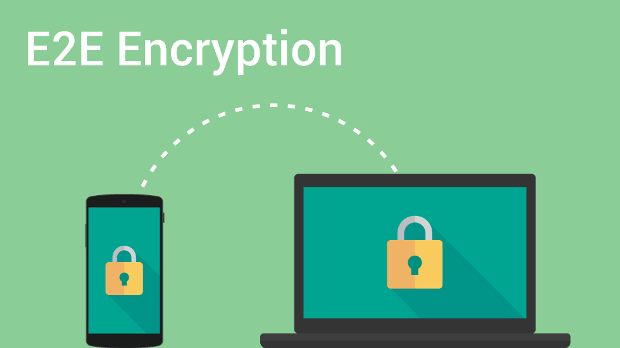Google wants everyone to be able to easily encrypt data. Google has always been good about sharing the wealth of information it has, including when it comes to donating it all to the open source community. This time, the E2EMail, an experimental end-to-end encryption system was donated.
E2EMail was developed by Google and built on a JavaScript crypto library developed internally. It presents a way to integrate OpenPGP into Gmail via a Chrome Extension. The cleartext of messages is kept exclusively on the client.
“E2EMail in its current incarnation uses a bare-bones central keyserver for testing, but the recent Key Transparency announcement is crucial to its further evolution. Key discovery and distribution lie at the heart of the usability challenges that OpenPGP implementations have faced. Key Transparency delivers a solid, scalable, and thus practical solution, replacing the problematic web-of-trust model traditionally used with PGP,” reads Google’s blog on the issue.
The E2EMail code can now be found as a repository on GitHub which everyone can check out.
The need for encryption
End-to-end encryption has been viewed as the go-to solution for all your privacy concerns, whether that’s government surveillance, man-in-the-middle attacks and so on. Even companies can help protect their communications from industrial spies by securing their communications as best as possible.
In the past few years, particularly after Edward Snowden came forth with information about the NSA’s snooping, more and more services have implemented end-to-end encyrption, including the likes of WhatsApp and Signal, two messaging apps that are now quite well-known for the protection they provide users.
Email services, apps, social networks have all started closing off their data streams in order to help out users and protect them from surveillance and cyber threats. That being said, end-to-end encryption has yet to reach all corners of the Internet.

Working as a cyber security solutions architect, Alisa focuses on application and network security. Before joining us she held a cyber security researcher positions within a variety of cyber security start-ups. She also experience in different industry domains like finance, healthcare and consumer products.












